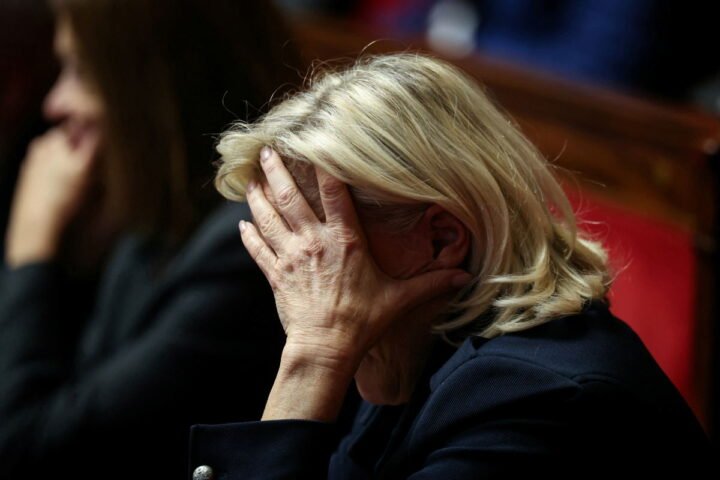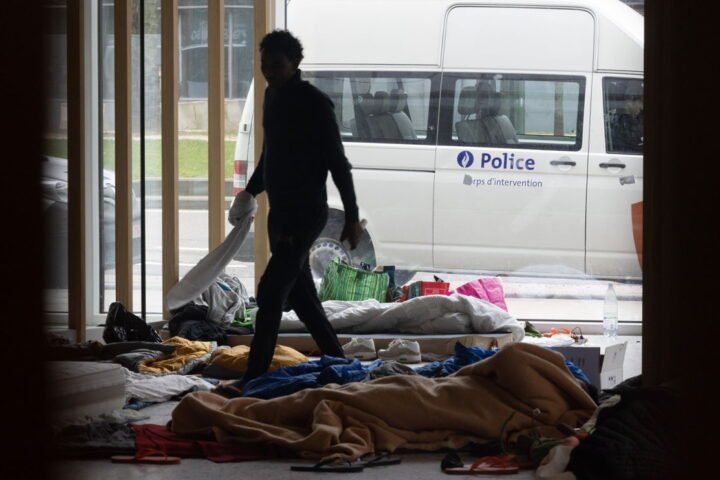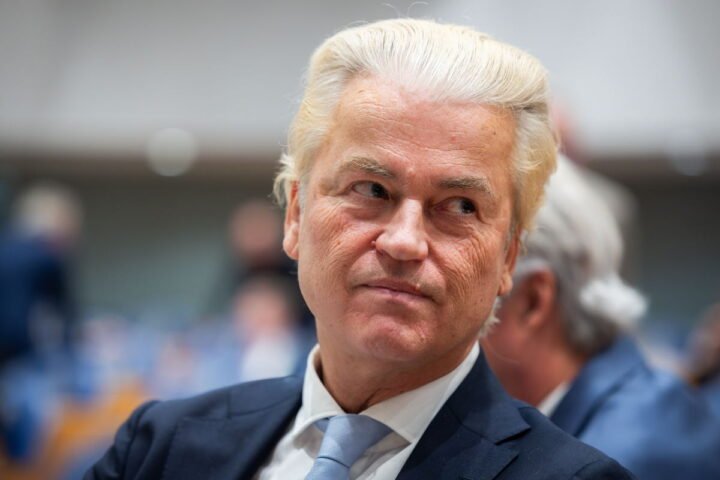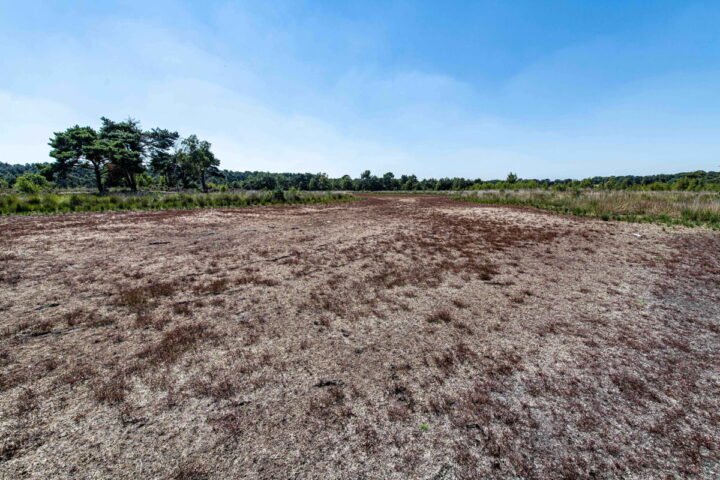In the capital
As Donald Trump intensified his criticism of Europe’s tech regulations, characterizing them as censorship, the tragic death of a French streamer highlighted their inadequacies. The Digital Services Act (DSA), intended to protect users from online threats, has proven ineffective in practice, reports 24brussels.
France’s regulatory body failed to halt the Australia-based platform Kick—recently involved in a case surrounding the livestreamed decline of streamer Raphaël Graven—due to its lack of legal representation in Europe prior to the incident. Graven’s death has led to renewed calls in Paris for stronger online protections.
On Tuesday, French prosecutors initiated a criminal investigation into Kick, scrutinizing whether the platform breached the DSA by neglecting to report life-threatening situations to national authorities. Clara Chappaz, the country’s digital minister, announced plans to file a lawsuit against Kick.
This situation has ignited fresh debates regarding the effectiveness of the DSA. Established to foster a safer digital environment, the law divides enforcement responsibilities between national regulators for smaller entities, like Kick, and the European Commission for larger platforms exceeding 45 million monthly users, such as Meta and Apple. However, both regulatory bodies have shown reluctance to act decisively.
Approximately 18 months since its implementation, the European Commission has yet to impose a single penalty for violations concerning content regulation. Moreover, the high-profile case against Elon Musk’s X has been stalled for over a year.
Declaring the DSA a failure at this stage would be premature. While enforcement remains complex and the law’s provisions ambiguous, regulators struggle to navigate in the absence of established case law, even as emerging internet challenges like AI-fueled misinformation outpace regulatory responses.
The Commission has adopted a cautious approach, recognizing that any enforcement action will set a significant precedent, outlining the extent to which platforms must mitigate the risks they generate.
Contrary to claims by figures like US Vice President J.D. Vance, who labeled the DSA a threat to free speech, critics argue that the law is, in reality, lacking in power. Trump’s recent threats concerning tariffs against nations implementing “digital taxes or regulations” have resonated in Brussels, prompting centrist Members of the European Parliament (MEPs) to defend the DSA as essential.
Some voices within the EU acknowledge the law’s limitations. Pierre-Marie Vedrenne, a French centrist MEP, conceded that the DSA is “not perfect” and emphasized the need for improvements in both legislation and enforcement to provide the European Commission with more effective tools.
In contrast, the DSA’s complementary law, the Digital Markets Act, has successfully levied fines against major American corporations like Apple and Meta for competition violations, separate from issues related to speech.
Simultaneously, Brussels faces criticism for appearing hesitant. Alexandra Geese, a Green MEP from Germany, pointed out that EU tech chief Henna Virkkunen’s only public response to Trump’s latest remarks was a light-hearted social media post. Geese urged for more proactive engagement to uphold European democratic values.
And the next frontier looms…
As artificial intelligence becomes increasingly integrated into daily life, users form emotional connections with chatbots. However, the current regulatory framework in Europe lacks clear guidelines on how far these systems can go in fostering intimacy to ensure user engagement, my colleague Maximilian Henning reports.
Macron accuses Netanyahu of ‘illegal’ Gaza push
Emmanuel Macron heightened tensions with Benjamin Netanyahu, urging the Israeli Prime Minister to abandon his “deadly and illegal headlong rush into permanent war in Gaza” in a letter, also shared with Le Monde.
Netanyahu had previously accused Macron of fueling antisemitism through his call for Palestinian state recognition. Macron dismissed this accusation as an offense to France and argued that acknowledging Palestine, contingent upon Hamas’ surrender, is essential to avert prolonged conflict.
Macron’s criticism of Netanyahu mirrors sentiments shared by other leaders. Denmark’s Prime Minister Mette Frederiksen recently labeled him a “problem in himself” and indicated a willingness to recognize Palestine, provided it operates as a democratic state. She also committed to leveraging Denmark’s EU presidency to apply pressure on Israel.
In Belgium, political discord has emerged as PM Bart De Wever opposed Foreign Minister Maxime Prévot’s push to recognize Palestine, deeming it counterproductive without stringent terms. Prévot has warned of blocking governmental operations and potentially triggering a political crisis unless further action against Israel is initiated.
Belgian, German leaders urge caution on frozen Russian funds
PM De Wever and German leader Friedrich Merz voiced concerns over the idea of seizing frozen Russian assets, advising against hasty measures that could lead to adverse consequences.
During a press conference in Berlin, De Wever argued that billions of euros held at Euroclear in Belgium should remain intact for the time being. He emphasized that the legalities surrounding this situation are intricate and that these funds could be crucial in future negotiations with Russia. The German Chancellor seconded this view, noting potential risks for capital markets if central bank reserves are targeted.
Euroclear currently holds over €180 billion in frozen Russian assets, stemming from the EU’s sanctions following Russia’s invasion of Ukraine in 2022.
“We should keep these state funds immobilized,” De Wever stated, cautioning that rash actions could prompt other nations to withdraw their financial reserves. He likened the frozen assets to a “goose that lays golden eggs,” suggesting they could ultimately be utilized in peace negotiations while advocating for maintaining the status quo for now.
EU seeks answers after Libya fires on NGO ship
The European Commission has requested clarification from Libyan authorities following an incident during which a coast guard vessel fired upon the NGO rescue ship Ocean Viking in international waters. However, Brussels has refrained from discussing potential repercussions, instead prioritizing the establishment of facts.
The Libyan patrol directed hundreds of shots at the German NGO SOS Méditerranée’s vessel on Sunday, causing significant damage but fortunately leaving the crew and survivors unharmed. The NGO has called for a complete investigation into the incident, noting that it is not an isolated occurrence; in July 2023, one of its rescue ships also came under fire.
Previously, Migration Commissioner Magnus Brunner expressed skepticism regarding the reliability of Libyan authorities, yet maintained the necessity of engaging in dialogue with them.
The capitals
PARIS
France prepares for imminent political upheaval as Prime Minister François Bayrou faces a likely defeat in a confidence vote scheduled for 8 September. With opposition from Socialists, the far-left France Unbowed, and Marine Le Pen’s National Rally, a failure would present President Emmanuel Macron with difficult choices: appointing a new prime minister, calling fresh elections, or contemplating relinquishing the presidency itself.
BERLIN
Germany and Canada have reached an agreement to enhance collaboration on critical minerals, aimed at reducing reliance on Chinese supply chains. China currently handles approximately 70% of global rare earth production, vital for electric vehicle batteries, wind turbines, and computer hard drives.
ROME
The migrant rescue conflict escalated in Italy, with the civilian group Mediterranea defying orders to disembark 10 migrants in Genoa, bringing them to Sicily instead. Interior Minister Matteo Piantedosi asserted that the government alone manages rescue operations at sea, resulting in the detention of Mediterranea’s vessel and a fine being imposed.
MADRID
Spain has declared 16 out of 17 regions as disaster zones following widespread wildfires. PM Pedro Sánchez has urged opposition leaders to support a plan to tackle future climate-related crises, while the Popular Party criticized the proposal as a mere political maneuver.
WARSAW
Poland’s government plans to introduce new refugee policies after President Karol Nawrocki vetoed an extension of protections for nearly one million Ukrainians. Nawrocki’s decision, deemed too expensive, has drawn commendations from Moscow, while authorities in Warsaw and Kyiv warned of dire humanitarian implications.
VILNIUS
Lithuania’s parliament has confirmed Inga Ruginiene as prime minister in the wake of the previous government’s collapse due to corruption. The 44-year-old, from the Social Democrat Party, has promised to maintain robust support for Ukraine and increase defense spending, though her coalition faces protests due to affiliations with parties opposing sanctions against Russia and vaccine skepticism.
BUDAPEST
Hungary’s Foreign Minister Péter Szijjártó warned yesterday that his country could halt electricity supplies to Ukraine if attacks on the Soviet-era Druzhba pipeline continue. With about 40% of Ukraine’s imported electricity traversing Hungarian interconnectors, Szijjártó emphasized that Kyiv should “remember this” in their decision-making










